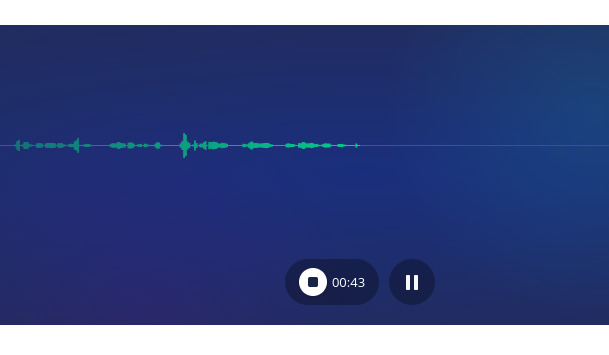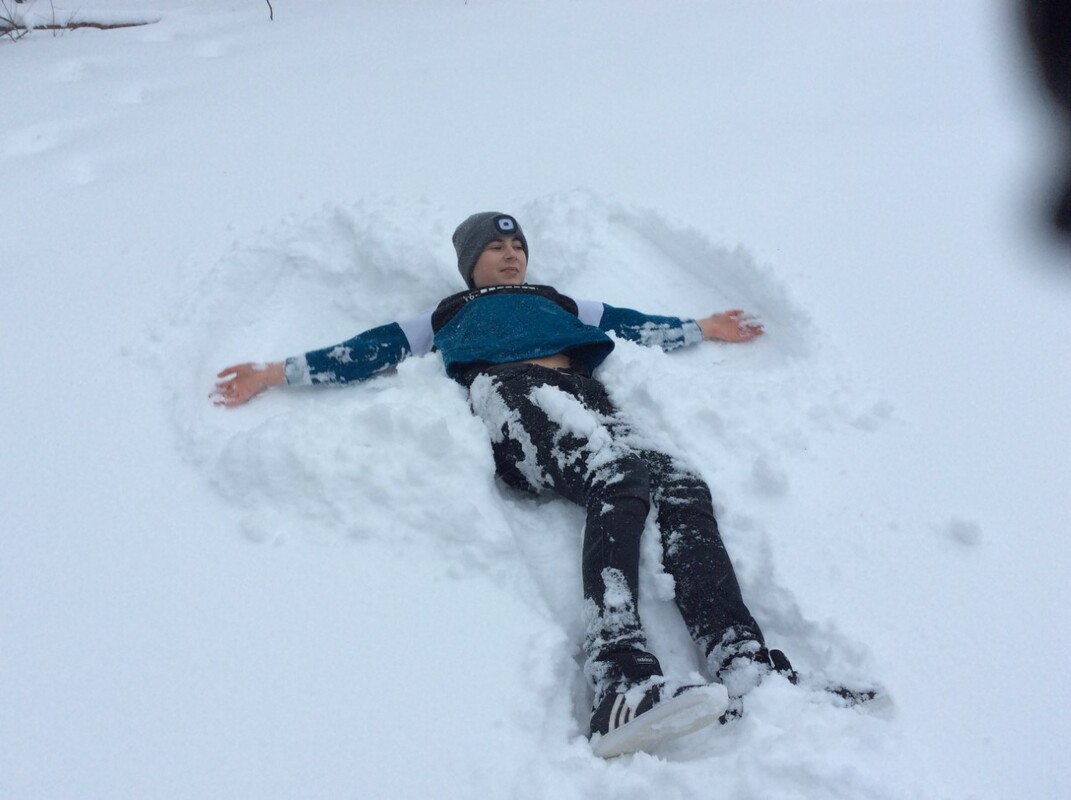Osaprojekteja
Money money -päivä 27.5.
27.5. Vietettiin 6.-luokkalaisten suunnittelemaa Money money -päivää
ValikkoOppilaat suunnittelivat ja perustivat erilaisia yrityksiä omien kiinnostuksiensa pohjalta. Muut koulun oppilaat toimivat yrityksien asiakkaina ja tienasivat lisää rahaa tekemällä työtä, jos rahat pääsivät loppumaan päivän aikana. Money money -päivä onnistui loistavasti. Kiitokset erityisesti 6.-luokkalaisille onnistuneesta ja hyvin toteutetusta päivästä.
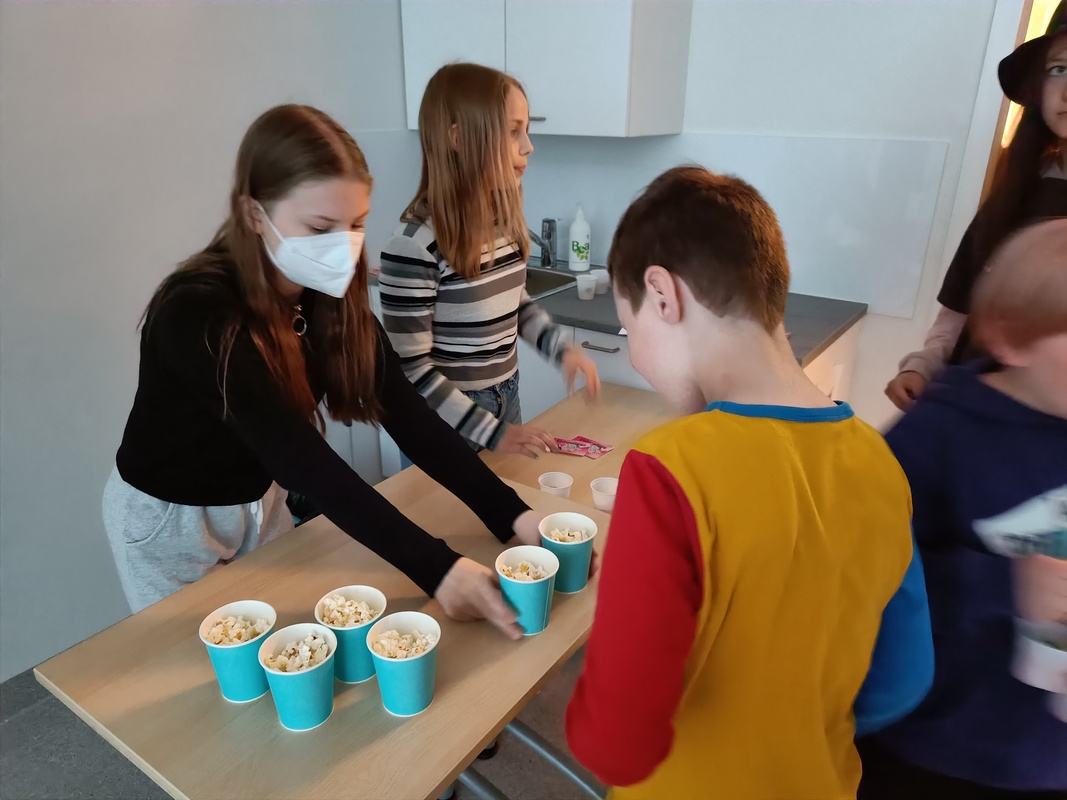
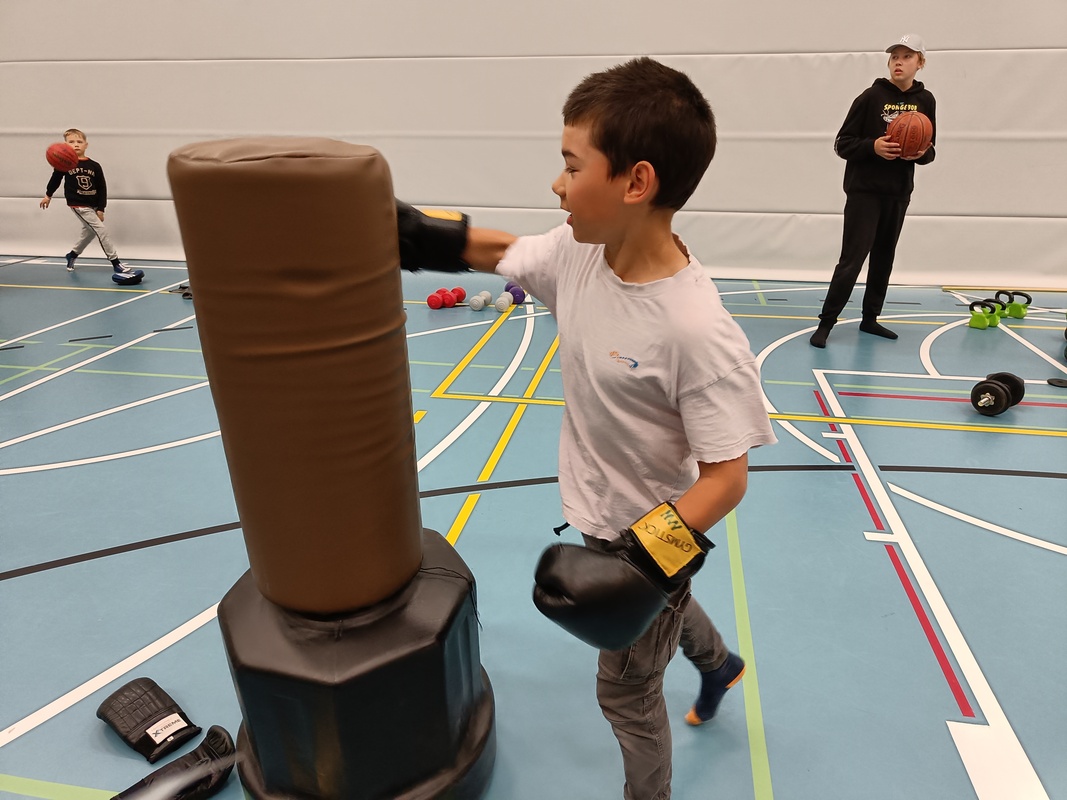
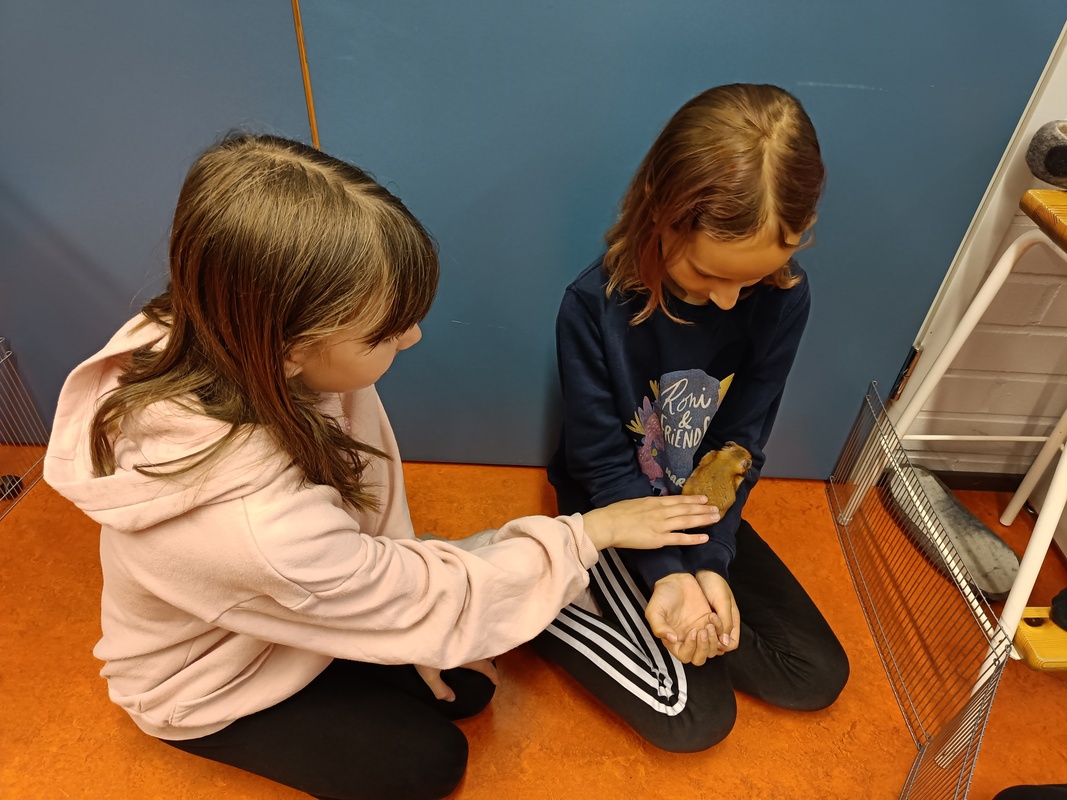
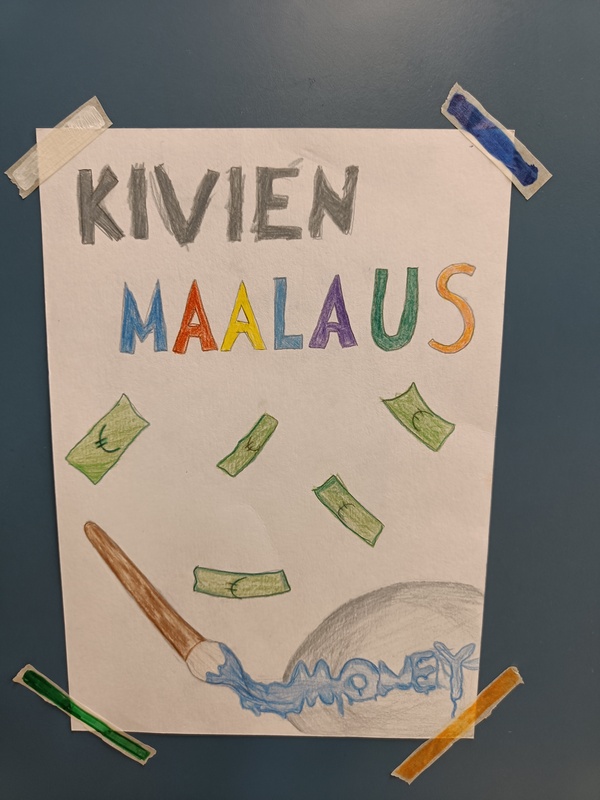
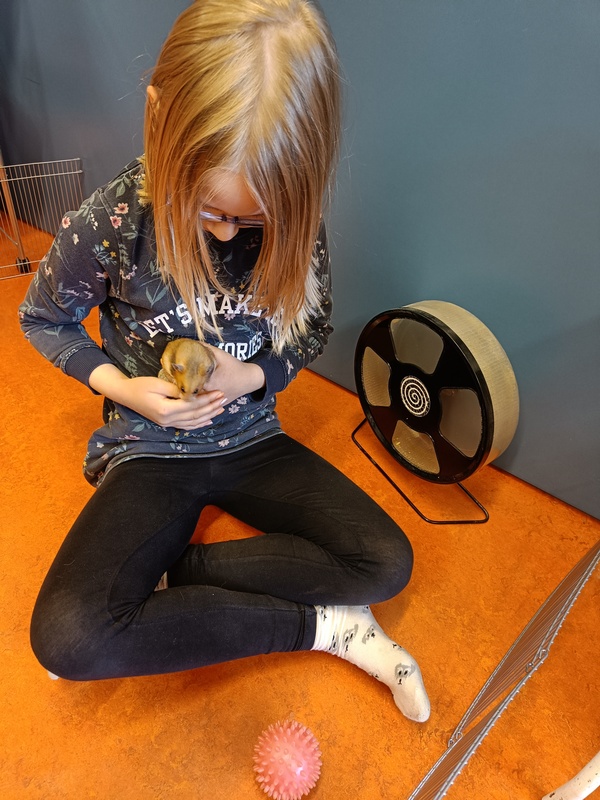
NEWSROOM ACTIVITY
In the Finnish school, 8th graders filmed news about current topics and their home town on English lessons. Here's what they wrote about the task:
"The making of the news started with the teacher assigning topics for students. There were a wide amount of choices for the students to pick such as fashion, the weather, the coronavirus and so on. After the topics were assigned, the students started working on their news reports. They had two weeks to write, act and record their reports until the clips would be sent to the editor. At least when I started to make my report with two of my friends, I saw it as very difficult to record the clips because I would get stuck on some sentences and would need to start all over again. After the clips were recorded they were sent to the editor. The editor had about two weeks or more to edit the clips into a news report. According to him the editing process was very time consuming because the editing softwares were new to him. After all the editing we had a nice looking and informative news report to show to our classmates."
"So we did “10 o'clock news”. Erno and Otso did the script and performed as the news reporters. Otso made a presentation of our sweet sweet hometown Lohja. Then Erno performed the role of a meteorologist. Leo filmed all the videos with an SLR camera and edited the clips using Vegas 15 video editing software.
So what did we learn during all this? First of all Erno and Otso learned how to make a flawless script and how to perform in front of a camera. Leo learned how to break a usb port of his computer with a fork and a screw. Leo also learned how to operate an SLR camera but the lighting in the room was really bad so some of the clips are little over lighted and he tried to fix that on the edit but there was little or no success because we had such bad settings on the camera. The editing part was pretty easy because Leo has his own Youtube channel and he edits clips during his free time. Lukas and Otso.T were also working on the set. They switched slides and helped Leo with the camera. Erno and Otso like to speak English to each other during English lessons so it was very natural to them to speak English in front of the camera."
FUTURE OCCUPATIONS AND INNOVATIONS
In the Arts lessons, all of the 7th graders of the Finnish school created posters of imaginary future occupations or new innovations. Here's a text written by two 7th grades:
We explored different kinds of posters and considered what is the future of graphic design. We did the posters by using individual work, showing our own perspectives of future occupations and jobs. At first we brainstormed our new project in small groups. Then we sketched out our ideas on paper and turned them into digital art by using the app called: Photoshop elements. In this project we practiced graphic design basics, communication skills, creative thinking, information and communication technologies. The working was educational and everyone succeeded to make a unique and aesthetic poster.
Written by Pinja Kallo and Leni Leppänen
PROJECT "JOB HUNTING"
The Finnish 9th graders completed a project in which they first wrote a CV and a job application in English. They looked for actual jobs or came up with a dream summer job to apply for. The final part of the assignment was a job application video in which they videoed themselves answering questions, such as ‘Are you good at dealing with stress?’, ‘Do you get along with people easily?’ and ‘ What things are important to you in your future career?’
The goal of this exercise was to familiarize the students with the style of official documents and job hunting. Moreover, we wanted to make the students aware of their strengths and how to bring out the best in them when applying for jobs. We English teachers were very pleased with the students’ work and especially the videos surprised us positively.
Here are some comments from the students:
We had to write an application and cv. We also had to make a cv video. We learnt to write an application and cv. We learnt how to present ourselves. Paavo thinks that this was an excellent school project and he would be happy to do it again. Veeti also was very excited about the project and recording himself. The hardest thing was to plan the project.
As a project we made a CV and a job application video for ERASMUS+. The CV wasn’t hard to make but the video was a bit more challenging because we had to record it and that made some people nervous. We wrote the CV to a google document and recorded the job application video with a webcam and sent it to our teacher.
We did a video interview, CV and a job application for our English class. Online school helped us because we didn’t have to film the videos at school but I think it still made all of us a little uncomfortable. Some had technical difficulties which made the filming hard. It was also quite annoying because a lot of us had to film the video over and over again because we kept messing up with our words.
The positive thing about it was that we got to practice it because we will do this in the future and it was helpful and it taught us things. For example we learned to compliment ourselves and how to make a job application in English.
Tulevaisuuden asuminen ja ajoneuvot
The Geography and Arts teachers cooperated and organized a sub project together.
On the facultative Arts lessons, Finnish 9th graders built scale models of the future cities and vehicles using recycled material. In Geography, the pupils used different map applications when familiarising themselves with Finland. They also learned Spatial Information Systems, which are commonly used applications in daily and working life. Also, the pupils took part in discussion of the future environment, city landscapes and vehicles. Pupils learned and improved creative thinking, urban planning, scale model building, teamwork and ICT-skills.
In the summer 2021 there will be a housing fair in Lohja. We planned to bring the facultative Arts group of 9th graders to a guided tour in the construction places or the houses. Due to the Covid-19 pandemic, the fair was closed to all visitors prior to the opening. Instead, we organized a video visit through Google Meet. The advantage was, that this way all of the 7th to 9th graders were able to participate in the tour. The pupils learned what it demands to build a house according to the contemporary legislation of sustainable building. The pupils heard about green building, energy effecient windows, waste sorting possibilities, environmentally-friendly building materials and life-cycle concept building. Also, the pupils found out about the skills that are needed in the construction branch in the future and about the people and occupations that were involved in the housing fair process from the beginning.
LUE OPPILAIDEN ARTIKKELIT PROJEKTIN NETTILEHDESTÄ.
FUTURE SKILLS IN PRIMARY SCHOOL
This year’s multidiciplinary learning module workshops consisted of different working life skills. Workshops included themes such as sustainable development, creativity and cooperation, occupations, entrepreneurship, performance and presentation skills. Pupils went around different workshops for three days learning about the skills required in the future working life.
Sustainable development workshop handled themes through a Kahoot!-quiz. The themes included production and logistics, consumption, waste management, reuse, recycling, pollution, and climate change. Sustainable development is vital in the future working life and people’s everyday lives. During comprehensive school it is important to internalize important skills regarding the globe and people’s future, as small choices can have a great impact on them. Kahoot!-quiz questions had e.g. the following examples: Recycling means: a) selling old clothes and things on the flea market; b) opportunity to speak in a group; c) a gymnastics move; d) sorting garbage into correct bins. Drugs can be returned to a) grocery store; b) chemists; c) hospital; d) they are not returned, they can be thrown into mixed waste.
The aim of the Cooperation and creativity lyrics workshop was to practice cooperation and negotiation skills, as well as use creativity to write song lyrics. The workshop was carried out by rewriting the lyrics to Toto’s Africa. The background music can be found on the Musication channel. Each group of pupils had their own part to write lyrics to. The most suitable lyrics were chosen out of the lyrics written in the class and the lyrics and verses were arranged to fit the melody of the song. Some pupils from each class sang their class verse and the recordings were combined to make a song for the entire elementary school.
Future occupations workshop started off by pupils naming different occupations. After that they pondered how already in today’s working life people’s work can be replaced partly or fully by A.I., robots or digital technology. Pupils also thought about which occupations might disappear in the future and which ones can be replaced by new titles. After the discussion, pupils were given the task of drawing a possible future occupation or a view of future workers. Year 3-6 students were also asked to write a short description of their drawing.
In the Entrepreneur workshop year 4-6 students were asked to design and execute a new product in groups of three. Materials given were felt, glue, corrugated cardboard, cardboard cups and thread. Time limit for the design project was 20 minutes, after which groups presented their new product to the others. Finally, each group was given 1300 € (play money from Monopoly) to invest into other groups’ products. Pupils had to work out in a group how much they were willing to invest and into which products. In the end pupils were told which products were most favoured by the investors.
Younger pupils (years 1-2) put their souls into founding a restaurant: they were asked to plan meals for their own restaurant. The meals were then drawn onto cardboard plates. After that pupils did a quiz on logos of famous businesses.
In the Performance/presentation skills workshop pupils practiced different performance/presentation skills by using drama. The idea was to encourage pupils to participate in the drama/game. The biggest challenge in the workshop was to get everyone to participate and not fear performing. Drama scenes were created alone, in pairs or in groups. Pupils also thought of future working life in general in this workshop.
In the Creative approaches to social situations workshop pupils worked on their social skills by creative expression. They worked on their cooperation skills in pairs or small groups. Pupils threw themselves into new challenges bravely, as is sometimes needed in working life.
Koulun esittelyvideon tekemistä
Kuvassa Lukas, jota kuvattiin videolle lumienkeleitä tekemässä.
Change Challenge -kilpailu
Tammi - joulukuussa 2020-21 kaikki koulumme 8. -luokkalaiset ja osa 7. -luokkalaisista osallistui Change Challenge -kilpailuun. Tarkoituksena oli miettiä, miten jokin asia, esine tai toiminta on muuttunut vuosien saatossa ja innovoida, millainen tuo kohde olisi tulevaisuudessa.
Kahdeksasluokkalaiset tekivät kilpailutöitään biologian tunneilla. Ideana oli luoda hyvä tulevaisuus tutkimalla mennyttä ja tätä päivää. Taustalla oli ajatus ympäristön huomioimisesta esim. energian ja kiertotalouden kannalta. Seitsemäsluokkalaiset osallistuivat kilpailuun historian näkökulmasta. He olivat tutustuneet ennen kilpailua teollistumiseen. Oppilaat paneutuivat innokkaasti kilpailutöihinsä. Lähteinä käytettiin nettiä sekä omia ajatuksia.Kilpailun raatina toimi Erasmus+ tiimimme. Raadin tehtävä ei ollut helppo, niin upeita töitä oppilaamme olivat tehneet. Lopulta töiden joukosta valikoituivat parhaat innovatiivisuuden ja jopa luovan hulluudenkin perusteella.
Koko kilpailun paras Pinja Kallo 7A palkittiin Skills 4.0 -repulla sekä 50 euron lahjakortilla Globe Hopeen. Muut palkintosijoille yltäneet Sirius Savela 7G, Aada Österberg 7C, Stella Holopainen ja Laura Nieminen 7C sekä Tiia Turhanen ja Tuuli Laurila 7B saivat kukin Skills 4.0 -repun. Kaikki kilpailuun osallistuneet 7. -luokkalaiset saivat vielä lakupötkön tunnustuksena panostuksestaan kilpailutöihinsä.
Kahdeksasluokkalaisten parhaina palkittiin kolme työtä, joiden tekijät olivat Tuuli Helkama, Helmi Laakso ja Saaga Paananen; Aino Männistö, Emilia Varis ja Inka Vainio sekä Jenna Heli. Kukin heistä sai Skills 4.0 -repun sekä 10 e lahjakortin Suomalaiseen Kirjakauppaan.
Muita Skills 4.0 -repulla palkittuja olivat Venla Kokko, Jasmin Kaikko ja Janessa Viljanen; Jenni Vuorinen, Milja Räsänen, Emilia Rämä ja Miro Korhonen; Anni Suomi ja Ida Nyman sekä Ruut Luokkanen.
Töitä on tulossa esille Change Challenge -kilpailun sivulle, jonne pääset vasemmalla olevasta valikosta.
Etätyöskentelytaitoja
